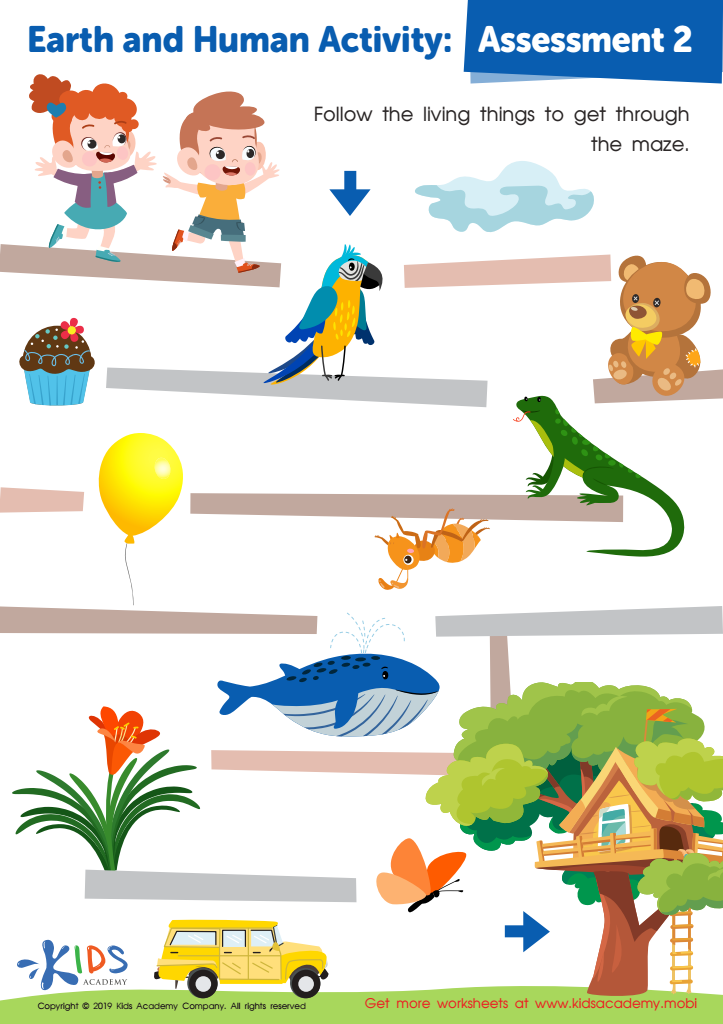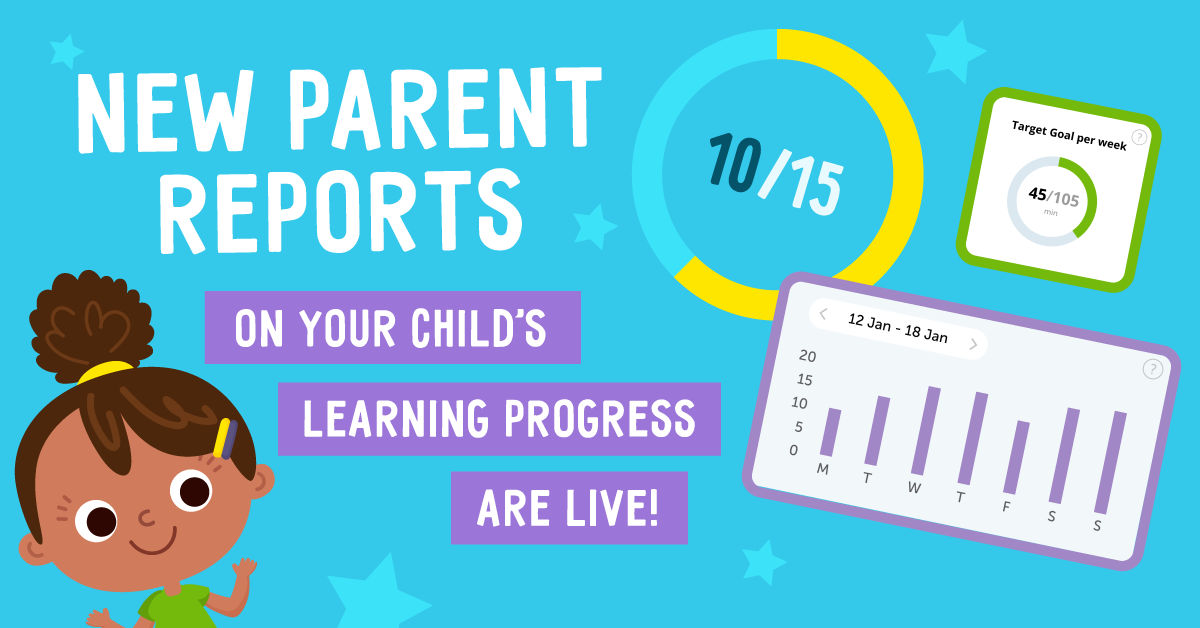Learning about biodiversity Worksheets for Kids
1 filtered results
-
From - To


Earth and Human Activity: Assessment 2 Worksheet
Question/Answer
What does the Learning about biodiversity skill mean when it comes to Kindergarten Plants and Animals learning?
The Learning about biodiversity skill in a Kindergarten Plants and Animals context involves teaching young students about the variety of plants and animals in their environment. It focuses on introducing them to the concept that there are many different types of living organisms, helping them understand and appreciate the diversity of life around them.
How to test a Kindergarten student’s Learning about biodiversity skills?
To test a Kindergarten student's learning about biodiversity skills, use interactive and visual methods like matching games with pictures of different plants and animals, storytelling about various ecosystems, and hands-on activities like sorting seeds or leaves. Observing their ability to recognize, name, and categorize different life forms provides insight into their understanding of biodiversity at a foundational level.
How does the mastery of the Learning about biodiversity skill affect a student's performance at an early age?
Mastery of the Learning about biodiversity skill at an early age positively affects student performance by enhancing their understanding of environmental science, promoting critical thinking, encouraging curiosity and respect for nature, and improving problem-solving skills. It lays a foundation for lifelong learning and fosters a sense of responsibility towards conservation and sustainability.
 Assign to the classroom
Assign to the classroom












